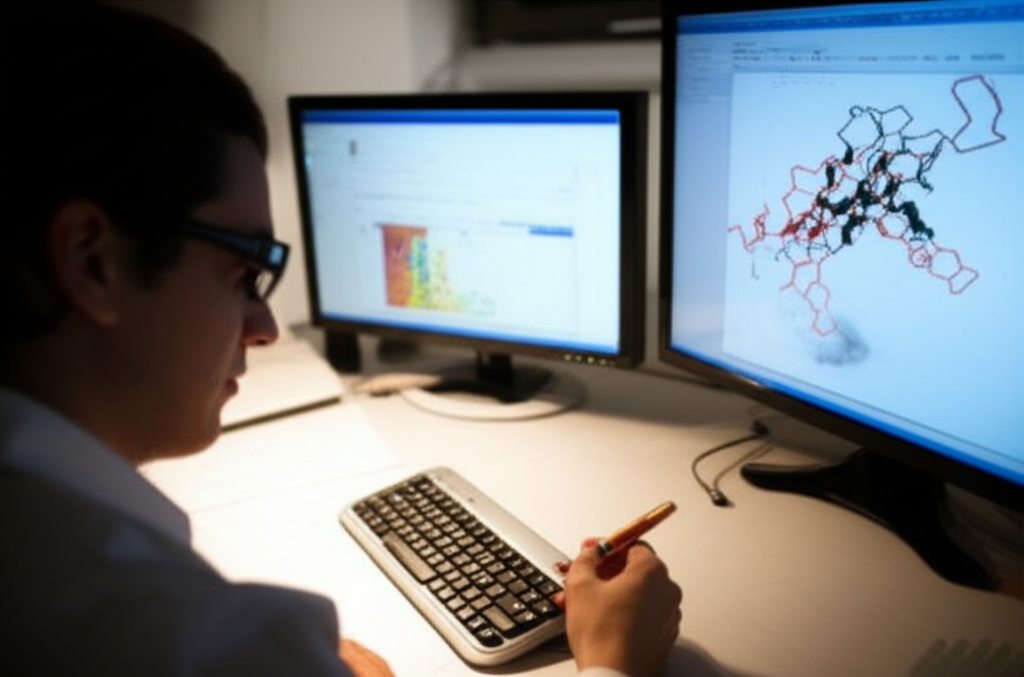In the rapidly evolving landscape of material science, Photoinitiator 819, chemically known as Phenyl Bis(2,4,6-trimethylbenzoyl)-phosphine oxide, stands out as a crucial component for advanced UV curing applications. Identified by its CAS number 162881-26-7 and EINECS 423-340-5, this industrial-grade yellow powder is a cornerstone for achieving superior performance in a wide range of products requiring fast and efficient curing processes.
UV curing is a sophisticated process that involves the rapid solidification or hardening of a material through exposure to ultraviolet light. This method offers significant advantages over traditional thermal curing, including faster processing times, reduced energy consumption, and lower environmental impact due to the absence of volatile organic compounds (VOCs). At the heart of this technology lies the photoinitiator, a chemical compound that absorbs UV light and converts this light energy into chemical energy, thereby triggering a polymerization reaction. This reaction causes monomers and oligomers to crosslink, transforming a liquid formulation into a solid polymer.

Photoinitiator 819 is a highly effective Type I photoinitiator. Upon absorbing UV light, typically in the 360-400 nm wavelength range which aligns well with modern LED curing lamps (such as 365 nm, 385 nm, 395 nm, and 405 nm), its molecular structure undergoes a unimolecular homolytic cleavage. This process directly generates highly reactive free radicals. These free radicals then initiate the chain growth polymerization, leading to rapid and thorough curing of the material. Its efficient radical generation mechanism ensures quick and complete curing, even in systems with moderate pigmentation, a challenging aspect for many other photoinitiators.
The versatility of Photoinitiator 819 makes it indispensable across numerous sectors. It is extensively used in UV-curing plastic coatings, providing excellent adhesion and durability. Its applications extend to UV-curing varnishes and paint systems for various substrates, including wood, paper, metal, and plastic. In the realm of electronics, it is vital for curing optical fibers and in the production of 3C electronics. Furthermore, Photoinitiator 819 is a key ingredient in printing inks, ensuring vibrant colors and robust finishes, and in pre-impregnation systems. Beyond these, its benefits are realized in adhesives, daily chemicals, leather goods, furniture, and flooring, enhancing product longevity and aesthetic appeal.
One of the primary benefits of Photoinitiator 819 is the precise control it offers over the curing process. Unlike thermal initiators, which continuously generate radicals, photoinitiators only activate under light exposure, allowing for exact timing and spatial control of the polymerization. This leads to minimal waste and high production efficiency. Its inherent chemical properties, specifically its phosphine oxide structure, contribute to good resistance against oxygen inhibition, a common challenge in free radical photopolymerization that can result in a sticky surface layer. This ensures a consistent and high-quality cure from surface to bulk.
For industries seeking a reliable and high-performance photoinitiator, NINGBO INNO PHARMCHEM CO.,LTD. is a trusted manufacturer and supplier of Photoinitiator 819. We are committed to providing top-quality chemical products that meet stringent industrial standards. When considering to buy or purchase this essential compound, NINGBO INNO PHARMCHEM CO.,LTD. offers competitive price options for various order quantities, ensuring accessibility for diverse manufacturing needs. Our dedication to quality control and customer satisfaction ensures that you receive a consistent and effective product for your specialized applications. Engage with a reputable supplier for your chemical needs and leverage the benefits of a high-efficiency photoinitiator.
Manufacturing Facilities






Professional Export Experience
to Global Customers

1. 20 years of R&D, manufacturing and sales experience, serving customers in 60 countries and regions around the world;
2. Own R&D laboratory, pilot platform and large-scale production workshop, which can meet the audit requirements of global customers;
3. We can satisfy customers' perfect transition from small scale lab requirements (gram level) to commercialization requirements (hundred tons level).
A: We don't have Minimum Order Quantity, exact quantity should be provided before quotation for us to calculate the exact cost.
A: We don't provide free samples due to lots of request and expensive international courier's cost, we can deduct the sample charge after commercial order placed.
A: Our payment terms: Small or sample order: T/T IN ADVANCE. Commercial order: First order should be by T/T IN ADVANCE or L/C at sight, and following orders T/T 30~90days is acceptable subject to approval of credit application.